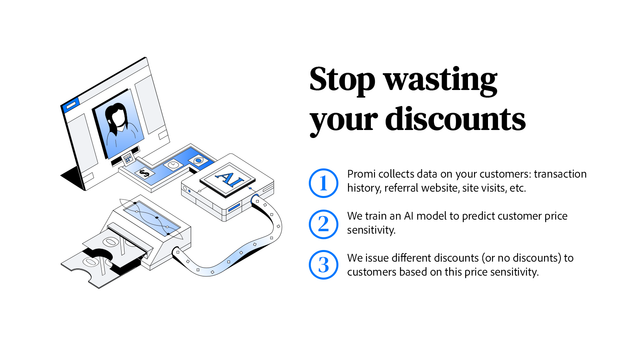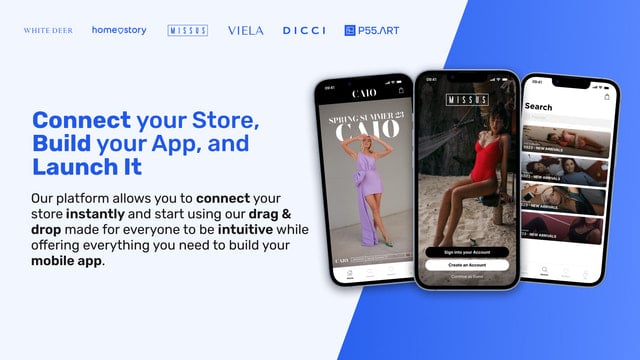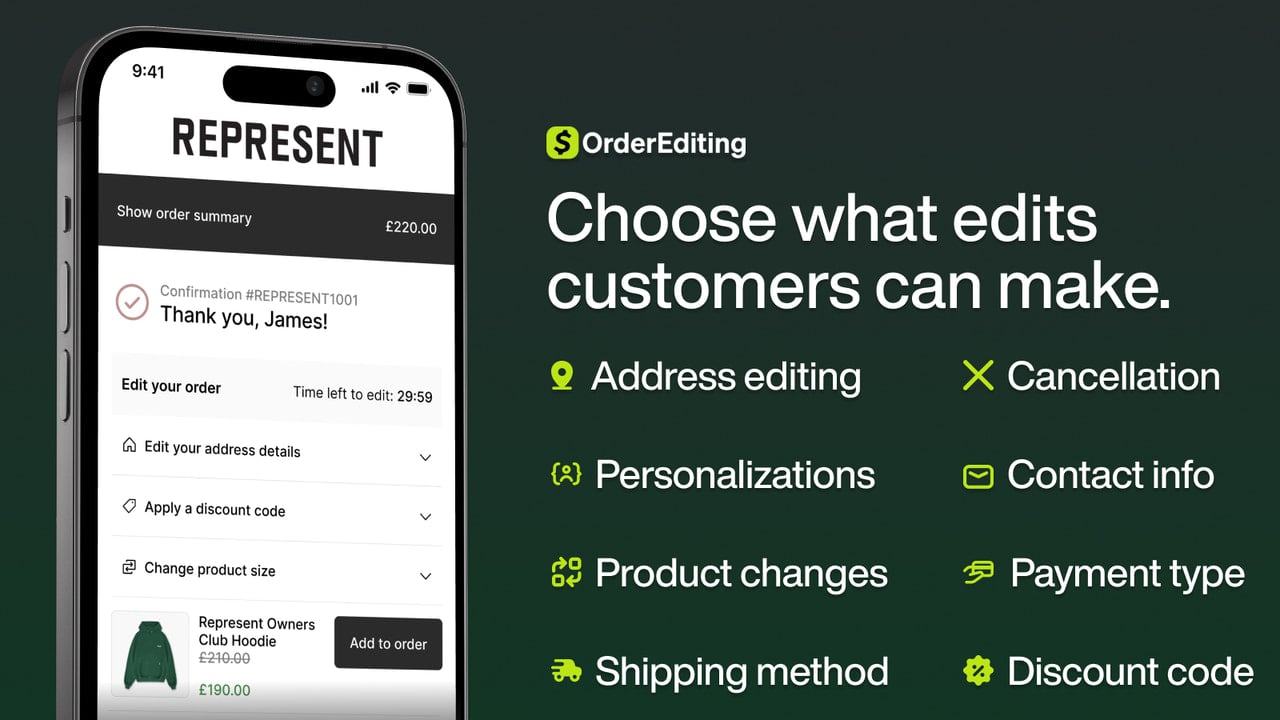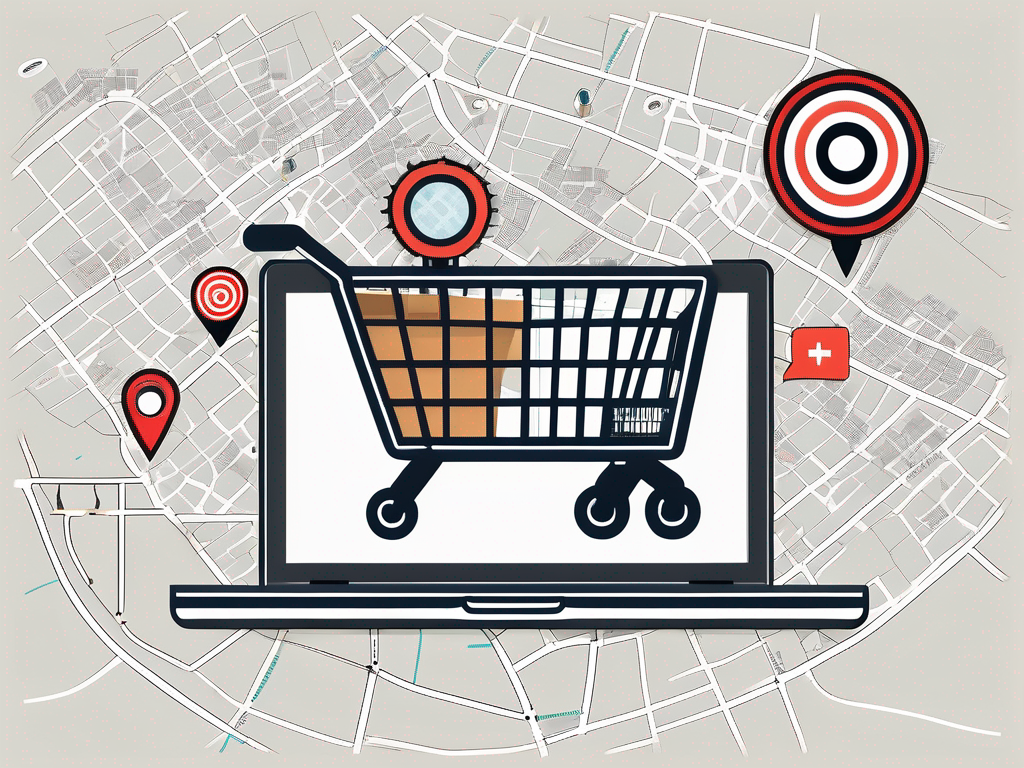Shopify is a powerful e-commerce platform that allows entrepreneurs to create and manage their online stores with ease. However, simply setting up a Shopify store is not enough to guarantee success. In order to drive traffic, generate sales, and build a loyal customer base, effective marketing strategies are essential. In this ultimate guide, we will explore the various aspects of marketing a Shopify store and provide you with valuable insights and tips to help you maximize your store's potential.
Understanding Shopify Marketing
The Basics of Shopify Marketing
Before diving into the specifics of marketing, it is important to understand the basics of Shopify marketing. Marketing your store involves promoting your products or services to your target audience in order to create awareness, generate interest, and ultimately drive sales. It encompasses various strategies and techniques, including search engine optimization (SEO), social media marketing, email marketing, content marketing, and more.
Search engine optimization (SEO) is a crucial aspect of Shopify marketing. By optimizing your website and product pages for search engines, you can improve your visibility in search results and attract organic traffic. This involves conducting keyword research, optimizing meta tags and descriptions, creating high-quality content, and building backlinks.
Social media marketing is another powerful tool for promoting your Shopify store. With billions of active users on platforms like Facebook, Instagram, and Twitter, social media provides an opportunity to connect with your target audience, build brand awareness, and drive traffic to your store. You can create engaging content, run targeted ads, collaborate with influencers, and engage with your followers to build a loyal customer base.
Email marketing is a cost-effective way to reach your customers directly. By building an email list and sending targeted campaigns, you can nurture leads, promote new products or offers, and drive repeat purchases. Personalization, segmentation, and automation are key components of successful email marketing campaigns.
Content marketing involves creating and sharing valuable content to attract and engage your target audience. This can include blog posts, videos, infographics, and more. By providing useful and relevant information, you can establish yourself as an authority in your industry and build trust with your customers.
Importance of a Marketing Strategy for Shopify
Having a well-defined marketing strategy is crucial for the success of your Shopify store. A marketing strategy helps you identify your target audience, determine the most effective channels to reach them, and create compelling campaigns that resonate with your customers. Without a clear strategy, you risk wasting time and resources on ineffective marketing efforts, while missing out on opportunities to connect with your potential customers.
One of the key benefits of having a marketing strategy is that it allows you to focus your efforts and resources on the most impactful activities. By understanding your target audience and their preferences, you can tailor your marketing messages and choose the most appropriate channels to reach them. This not only helps you maximize your return on investment, but also ensures that you are reaching the right people with the right message at the right time.
A marketing strategy also provides a roadmap for your marketing activities. It helps you set clear goals and objectives, define key performance indicators (KPIs), and track your progress. By regularly reviewing and analyzing your marketing efforts, you can identify what is working and what needs improvement, allowing you to make data-driven decisions and optimize your campaigns for better results.
Furthermore, a marketing strategy helps you stay ahead of your competition. By understanding your market landscape, analyzing your competitors' strategies, and identifying gaps or opportunities, you can differentiate your brand and stand out from the crowd. This can include offering unique products or services, providing exceptional customer service, or leveraging emerging trends and technologies.
In conclusion, Shopify marketing encompasses various strategies and techniques to promote your store and drive sales. By understanding the basics of Shopify marketing and having a well-defined marketing strategy, you can effectively reach your target audience, build brand awareness, and ultimately grow your Shopify store.
Building a Strong Shopify Brand
Building a strong brand is essential for the success of your Shopify store. Your brand is what sets you apart from your competitors and helps create a strong connection with your customers. To achieve this, it is crucial to define your brand identity, create a consistent brand image, and effectively communicate your brand message.
Defining Your Brand Identity
Defining your brand identity is the first step in building a strong Shopify brand. Your brand identity encompasses your brand values, mission, vision, and unique selling proposition. It is important to have a clear understanding of these elements as they will guide your marketing efforts and ensure consistency across all channels.
When defining your brand values, think about what your business stands for and what principles you want to uphold. These values will shape your brand's personality and help you connect with your target audience on a deeper level.
Your mission statement should clearly communicate the purpose of your Shopify store. It should answer the question, "Why does your business exist?" A well-crafted mission statement not only provides direction for your brand but also resonates with your customers.
Your vision statement outlines your long-term goals and aspirations. It paints a picture of where you want your Shopify store to be in the future. A compelling vision statement inspires both your team and your customers, driving them to be a part of your brand's journey.
Lastly, your unique selling proposition (USP) is what sets you apart from your competitors. It highlights the unique value you offer to your customers and gives them a reason to choose your Shopify store over others. Understanding your USP is crucial for positioning your brand effectively in the market.
Creating a Consistent Brand Image
Consistency is key when it comes to building a successful brand. A consistent brand image helps customers recognize and remember your store, builds trust, and reinforces your brand's messaging. To create a consistent brand image, you need to pay attention to various visual elements.
Start with your logo, which is the face of your brand. Your logo should be visually appealing, memorable, and reflective of your brand's personality. Make sure to use your logo consistently across all marketing materials and touchpoints.
Color scheme plays a significant role in brand recognition. Choose a color palette that aligns with your brand values and resonates with your target audience. Use these colors consistently across your website, social media profiles, and other marketing materials to create a cohesive and visually appealing brand image.
Typography is another important aspect of your brand's visual identity. Select fonts that reflect your brand's personality and are easy to read. Consistently use these fonts across all your marketing materials to maintain a cohesive brand image.
In addition to these visual elements, consistency in your brand's messaging is equally important. Ensure that your brand voice and tone are consistent across all communication channels. This will help create a unified brand experience for your customers and reinforce your brand's identity.
Consistency in your brand image and messaging will help you create a cohesive and recognizable brand. It will also make it easier for your customers to connect with your brand and build trust in your products or services.
SEO for Shopify
Keyword Research for Shopify
One of the most effective ways to drive organic traffic to your Shopify store is through search engine optimization (SEO). Keyword research plays a crucial role in optimizing your store for search engines. Start by identifying relevant keywords and phrases that your target audience is likely to use when searching for products or services similar to yours. Use keyword research tools to uncover high-volume and low-competition keywords that you can incorporate into your content.
Optimizing Your Shopify Store for SEO
Once you have identified the keywords you want to target, it's time to optimize your Shopify store for SEO. This includes optimizing your product pages, meta tags, URLs, and images. Write unique and informative product descriptions that incorporate your target keywords naturally. Optimize your meta tags and URLs to include relevant keywords. Compress images to improve page load speed. Implementing these SEO best practices will help improve your store's visibility in search engine results and drive more organic traffic.
Social Media Marketing for Shopify
Choosing the Right Social Media Platforms
Social media platforms offer tremendous marketing opportunities for Shopify store owners. However, it's important to choose the right platforms that align with your target audience and marketing goals. Conduct market research to determine which social media platforms your target audience is most active on. Focus your efforts on those platforms to maximize your reach and engagement. Whether it's Instagram, Facebook, Twitter, or Pinterest, understanding where your audience hangs out will help you create targeted and effective social media marketing campaigns.
Creating Engaging Social Media Content
Once you have identified the right platforms, it's time to create engaging social media content that resonates with your audience. Remember to showcase your products or services in a visually appealing way. Use high-quality images and videos to grab attention. Share helpful tips, behind-the-scenes content, user-generated content, and promotions to keep your audience engaged. Utilize hashtags, contests, and collaborations to expand your reach and attract new followers. By consistently creating valuable and captivating content, you can build a loyal community of customers and advocates.
Email Marketing for Shopify
Building an Email List
Email marketing is an effective strategy to nurture relationships with your customers and drive repeat sales. Building an email list is the first step in leveraging the power of email marketing. Offer incentives for visitors to subscribe to your newsletter, such as exclusive discounts, free resources, or early access to new products. Use pop-ups, embedded forms, and social media promotions to capture email addresses. Keep your sign-up process simple and make it clear what subscribers can expect from your emails. Growing a quality email list will give you a direct line of communication with your customers.
Crafting Effective Email Campaigns
Once you have built an email list, it's time to craft effective email campaigns that engage and convert your subscribers. Personalize your emails by addressing subscribers by their first name and segmenting your list based on their preferences and behavior. Use enticing subject lines to grab attention and encourage opens. Create valuable and relevant content that drives action, such as exclusive offers, product recommendations, informative newsletters, and milestone celebrations. Experiment with different email designs, layouts, and calls to action to optimize your campaigns. By delivering targeted and compelling emails, you can drive traffic to your store and increase sales.
In conclusion, marketing a Shopify store requires a strategic approach and a deep understanding of your target audience. By implementing the strategies and techniques discussed in this guide, you can effectively promote your products or services, build a strong brand, improve your store's visibility in search engines, leverage the power of social media, and harness the potential of email marketing. Remember, successful marketing is a continuous process of experimentation, analysis, and optimization. Regularly evaluate your marketing efforts, monitor key metrics, and adapt your strategies accordingly. With dedication and a well-executed marketing plan, you can take your Shopify store to new heights of success.Ready to elevate your Shopify store with the right tools? Let Owlfred, your wise companion from Owlmix, guide you through our extensive directory of innovative Shopify apps. Whether you're focused on marketing, analytics, or streamlining operations, we've curated the best apps to enhance your online business. Don't miss out on the opportunity to optimize your store's performance. Find your next Shopify app today and watch your e-commerce success take flight!

















